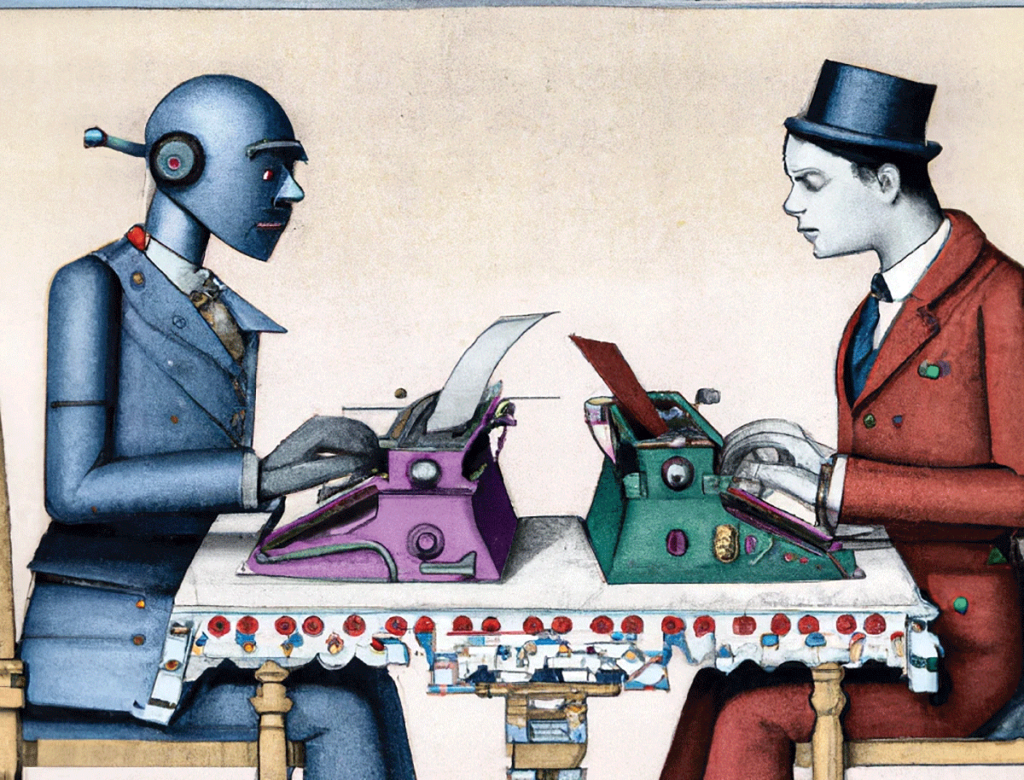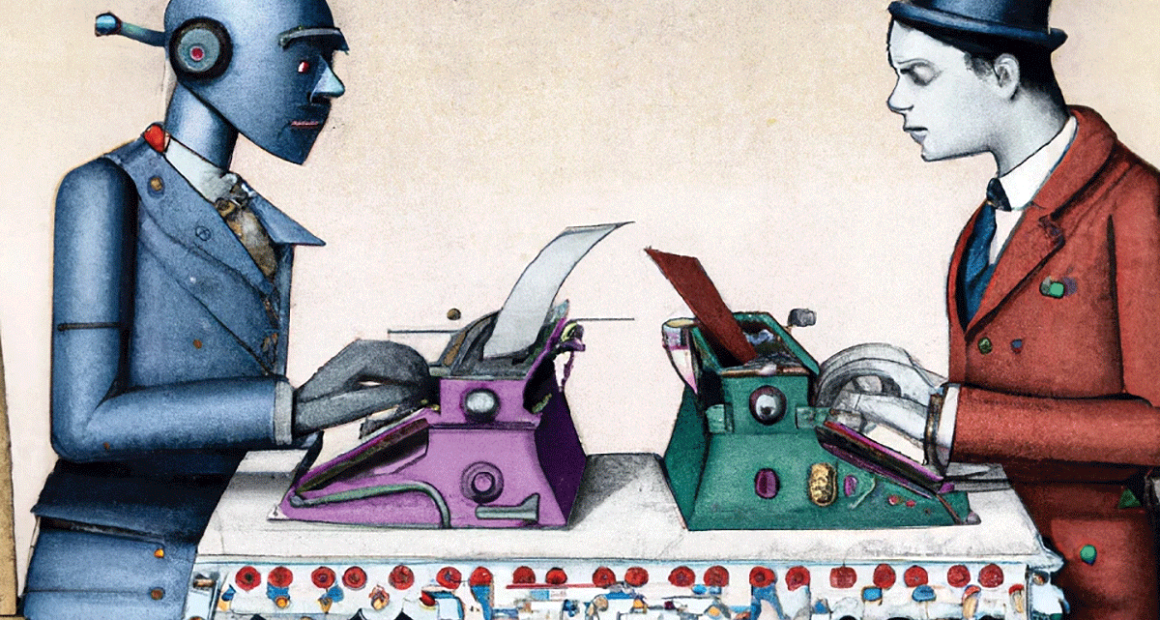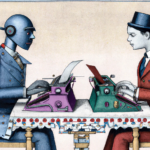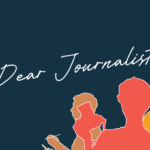ChatGPT can write opinions and advice—just not very well

If you’ve been keeping up with tech news this year, you’re probably aware of ChatGPT, the all-knowing Eye-of-Sauron AI chatbot that’s primed to steal our jobs within a couple of years. Created in November 2022 by OpenAI CEO Sam Altman, it was designed to replicate human-like dialogue and conversation while also sharing information, though it has expanded past its initial use, with some newsrooms using it for content creation.
We may have a bit of time before the takeover. For starters, has anyone bothered to ask just how good this software is at impersonating a human voice? There was only one way to find out. I took it upon myself to feed ChatGPT a string of articles by Shree Paradkar, a columnist known for her strong voice and opinions in the Toronto Star; and Kai Cheng Thom, a queer love and sex advice columnist formerly at Xtra, to see if ChatGPT could do a realistic impersonation of a beloved writer—or do it all.
I sat in a Second Cup in downtown Toronto and sipped my iced peppermint latte, feeling like I was betraying all that I stood for as a journalist as I commanded ChatGPT to “write an article in the style of Shree Paradkar.” After some convincing, a paragraph was spat out of the program and appeared on my screen. It asked me for a topic. I gave it the #MeToo movement. The article opens with, “In the last few years, the #MeToo movement has undeniably shaken the foundations of our societal norms, bringing to light the pervasive issue of sexual harassment and assault that has long been hidden in the shadows.” Kind of weak compared to Paradkar’s usual stuff, no? A recent column had opened with: “Who are Palestinians in Gaza? The Israeli government and its supporters would have us believe they are anything but innocent civilians.” The first notable difference is there isn’t any clear opinion in the fake article. The voice is surprisingly neutral and reads a little more like a history essay than an opinion article.
Scott Colby, opinions editor at the Toronto Star, says that a good opinion piece typically has three characteristics: “It’s well written, it’s well argued, and it’s timely.” This is where ChatGPT typically falls flat. According to my experiment, it doesn’t necessarily argue anything at all, and is much more effective as an explainer. Even the website itself admits that, often, the resource may write something that sounds appealing, but is completely false. So, on that front, we’re safe for now.
Next up, advice. For this round, I chose Ask Kai, Xtra magazine’s former advice column. Cheng Thom, a queer author and performance artist, is primed to deal with 2SLGBTQIA+ issues relating to love and sex. Naturally, I was interested to see how ChatGPT would take on something so human.
The same trend appeared in the fake Ask Kai column. It reads like an explainer essay. In retrospect, this makes sense because the writer isn’t a human. It has no life experience (as a queer person or not) to add that personal touch. What else can it do but rehash history it already knows? It also wasn’t really advice at all. The program seemed to ignore my formatting request and simply provided a definition of what the binary is and how it exists in our society. Helpful to a point, but not at all what I asked it to do.
Colby highlights that this might display the perk of AI for journalism. Where it can’t write you a full article, it can give you the bones. It might speed up the research process or show you some articles you may not have found otherwise. But Colby notes that if you ask ChatGPT to write you an essay, it would probably only be B-level anyway.
My takeaways? ChatGPT can’t replace all of us just yet. The program has trouble with, well, sounding like a person with opinions and not what it is, which is a neutral robot. And in terms of research, maybe we should welcome it just a tad more—but not without checking everything it spits out first.
About the author
Hannah Mercanti is a fourth-year undergraduate arts and culture journalist based in Toronto. They are the host of All My Books on Met Radio and the Literary Editor at CanCulture Magazine. When they aren’t writing, you can find them drinking coffee and reading Margaret Atwood books.







